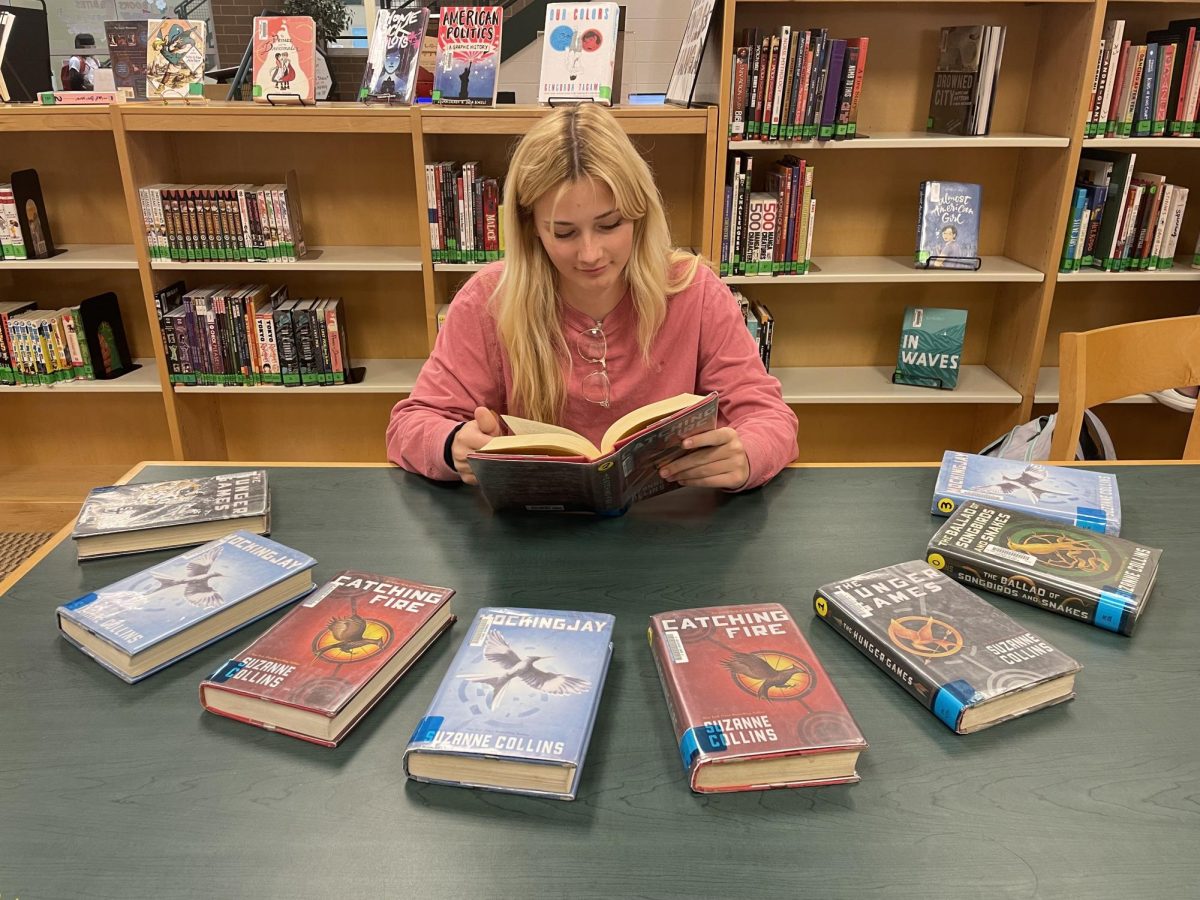Libraries across the country have been under the gun as book banning attempts have risen, and despite mixed success in removing books, these attempts have heavily impacted libraries and the politics surrounding them.
President of the American Library Association (ALA) Emily Drabinsky has been leading the charge against book bans across the country. Alabama, Wyoming, Missouri and Texas are just a few of the states that have declined to renew their membership with the ALA. Libraries have seen a significant increase in attention in the past few years, both positive and negative.
“[Book bannings are] a reminder of the value of the American Library Association that it would be seen as a threat,” Drabinski said. “I believe that talking to one another [is] the only way that we [can] gain clarity about what our demands are as a profession, and as a country for what we want for our public institutions. There are more people talking about libraries and the good libraries than I’ve seen in my 20 years as a librarian.”
Librarians are tasked with finding the right books for their library collections; their collection must meet the needs of the community which surrounds and utilizes the library. A large portion of book bans, especially those organized by larger organizations, are concentrated on removing LGTQ+ material and books on racism or inequality. Removing these books from libraries drastically reduces the amount of people represented in libraries.
“Think about the impact it has on somebody just coming out who’s new to understanding themselves as queer,” Drabinski said. “[Someone] who lives in a place where people are targeting just stories about them. It’s really devastating.”
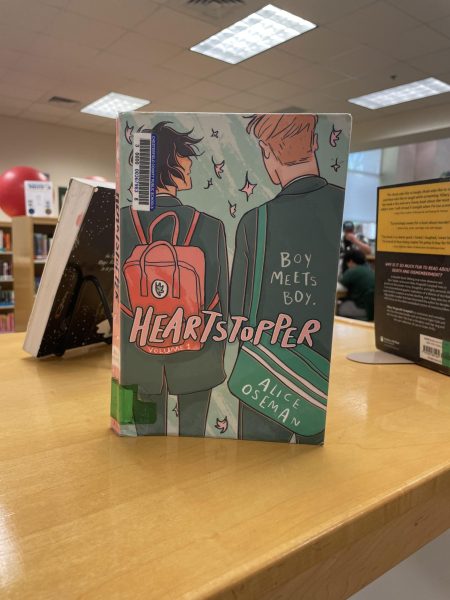
While the ALA focuses on the protection of books and easy access to materials, there are others who think a lack of restrictions can do more harm than good. Moms for Liberty is an organization that prides itself on giving power back to parents and away from school boards.
Moms for Liberty has been leading some of the largest book banning efforts in the entire nation for years now. They have developed a reputation as a force to be reckoned with, but the truth of the matter is not as black and white as it may seem.
Director of National Engagement for Moms for Liberty Tia Bess first started speaking up for her children’s education when her son was dealing with sensory issues during the COVID pandemic.
Bess believes that the media has misconstrued the goal of Moms for Liberty. Rather than taking education away from the students and schools, Moms for Liberty is trying to redirect the influence parents have on their children’s education back to the household.
“If you look on our website, it’s a clear mission statement to unify, educate and empower parents [and] to defend their parental rights on all levels of government,” Bess said.
[She continued]
“I have sent countless emails to the principal of the county to the school board asking what can I do for my son and how can I help him and it would fall on deaf ears,” Bess said. “Now myself, [and] many parents’ complaints aren’t falling on deaf ears [anymore]. We’re getting answers, and we’re sitting down and having those meetings with all officials.”
In regards to book banning, Bess is aware all situations are different and should be handled accordingly. At the end of the day she believes that all parents have the responsibility of protecting their children, and they want to look out for what is best for them.
“Everyone’s issue is different, and every state and county issue is completely different,” Bess said. “There’s so much to look at [and] there’s so many parents who have grievances and that’s on all sides [but] all parents want the right to protect their kids. They want their kids to be someone and grow and learn and prosper.”
As consistent attacks on books in public and school libraries increase, director of Library Development and Networking Nan Carmack assures that books are not going anywhere. Despite the cost of harassment and extra labor for librarians, in public libraries books will stay on the shelves.
As aggressive as the book ban epidemic has been, largely it has only caused more attention to the importance of libraries.
“[Book ban attempts] have mobilized people who love their libraries to become more engaged with sustaining and supporting them,” said Carmack. “It is always something people forget about until something they care about is under fire.”
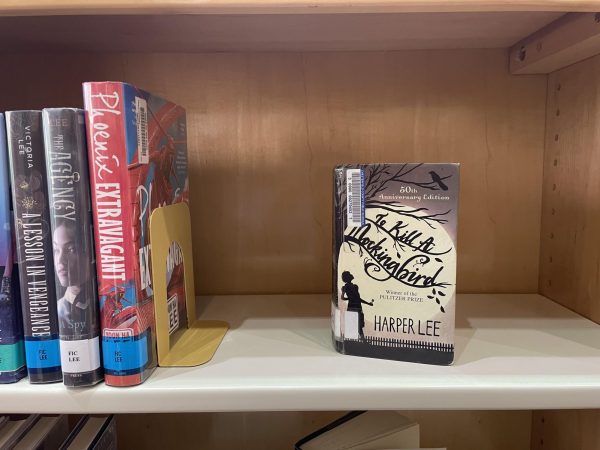
The book banning threat may not be real for public libraries, but its byproduct is the demoralization of our libraries’ staff.
“Everybody is feeling weary of intentional conflict,” said Carmack. “I think staff are burned out, having to constantly defend themselves and the library.”
Librarians have to be educated with a master’s degree. Many librarians have invested their livelihood into our public institutions.
“I know at least four people who have quit because they just cannot take it anymore,” said Carmack. “It is pretty rough for someone to feel pushed out of a community.”
Put bluntly, the First Amendment guarantees freedom of speech and freedom of press. That includes the freedom to read. For something to be restricted through governmental means, it would have to fail the Miller Test (the strict test by which a material can be deemed obscene, thus not being protected by the First Amendment).
“For the government to tell anybody what they can and cannot read,” said Carmack. “It is an enormous instance of government overreach.”
Due to the ineffectiveness of the book banning movement, Carmack has found that it is more a matter of self-actualization than genuine want for change.
“They don’t understand this library has a policy and procedure,” Carmack said.
This story was originally published on Cavalier Chronicle on April 25, 2024.

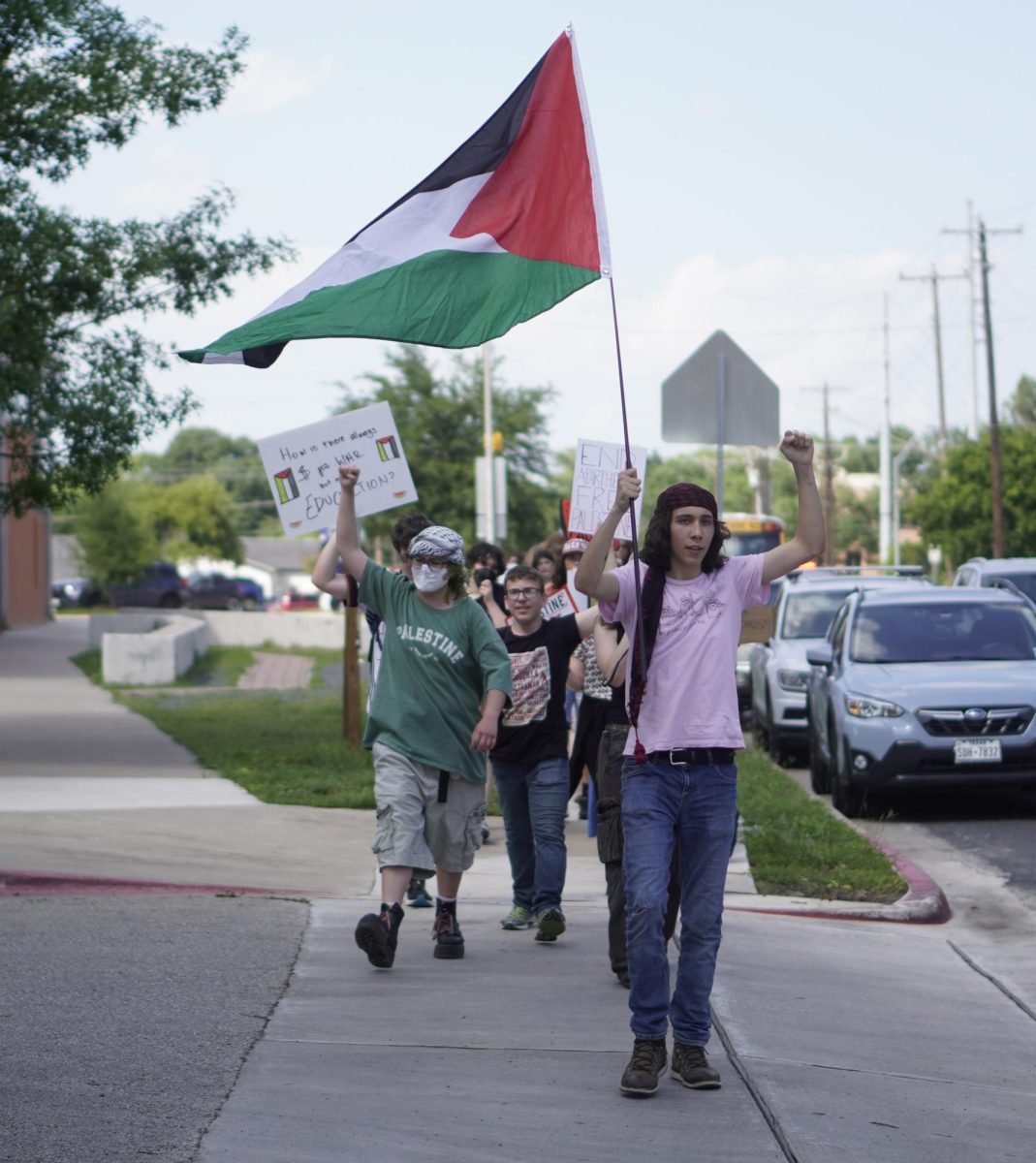

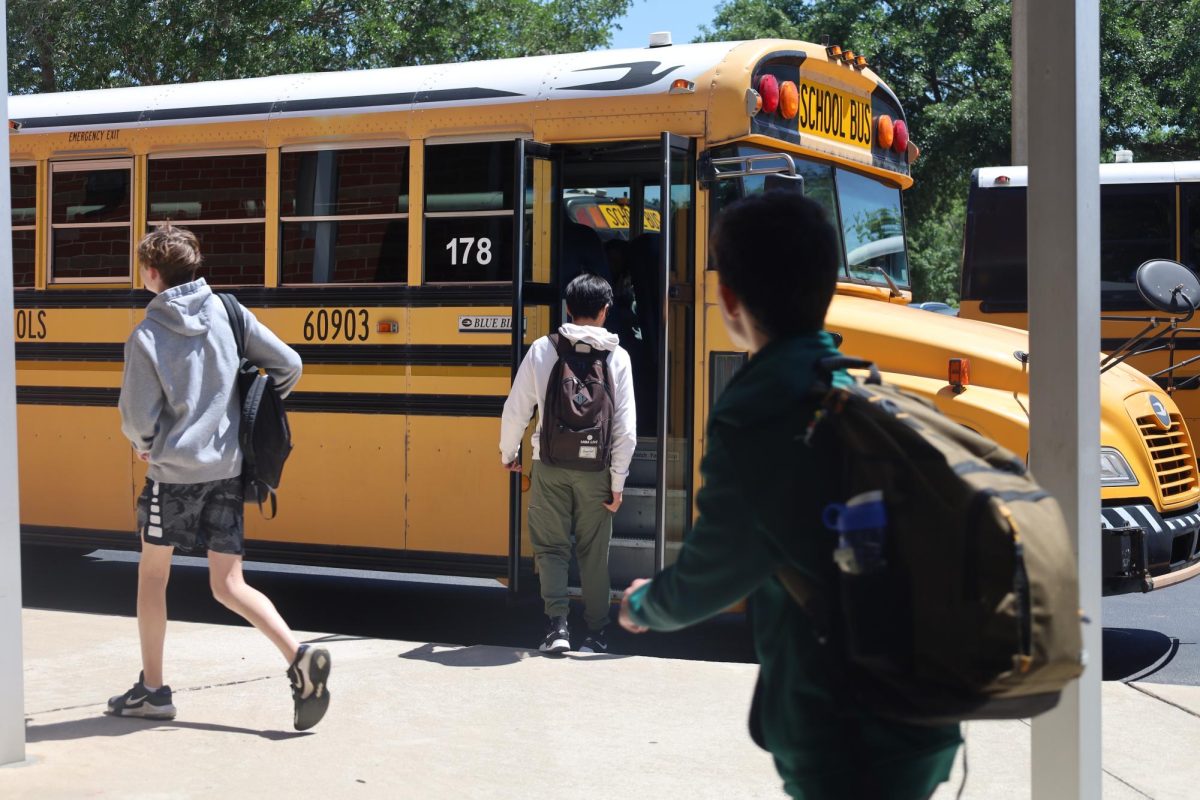
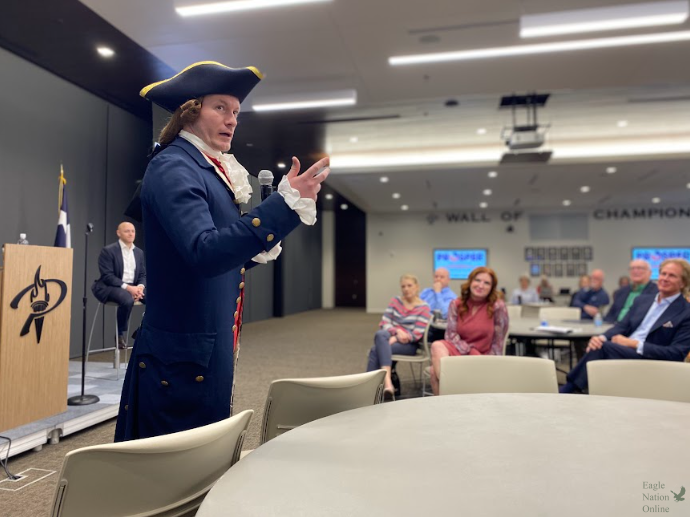

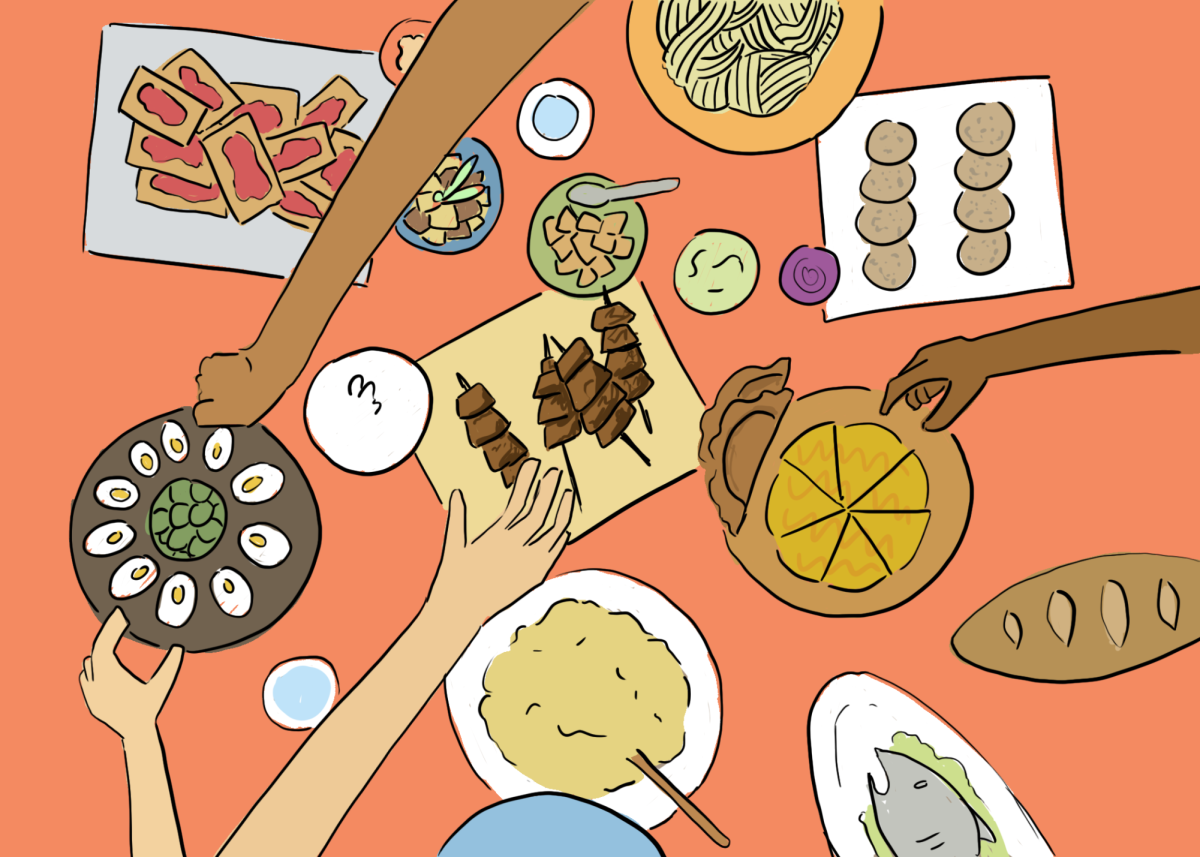


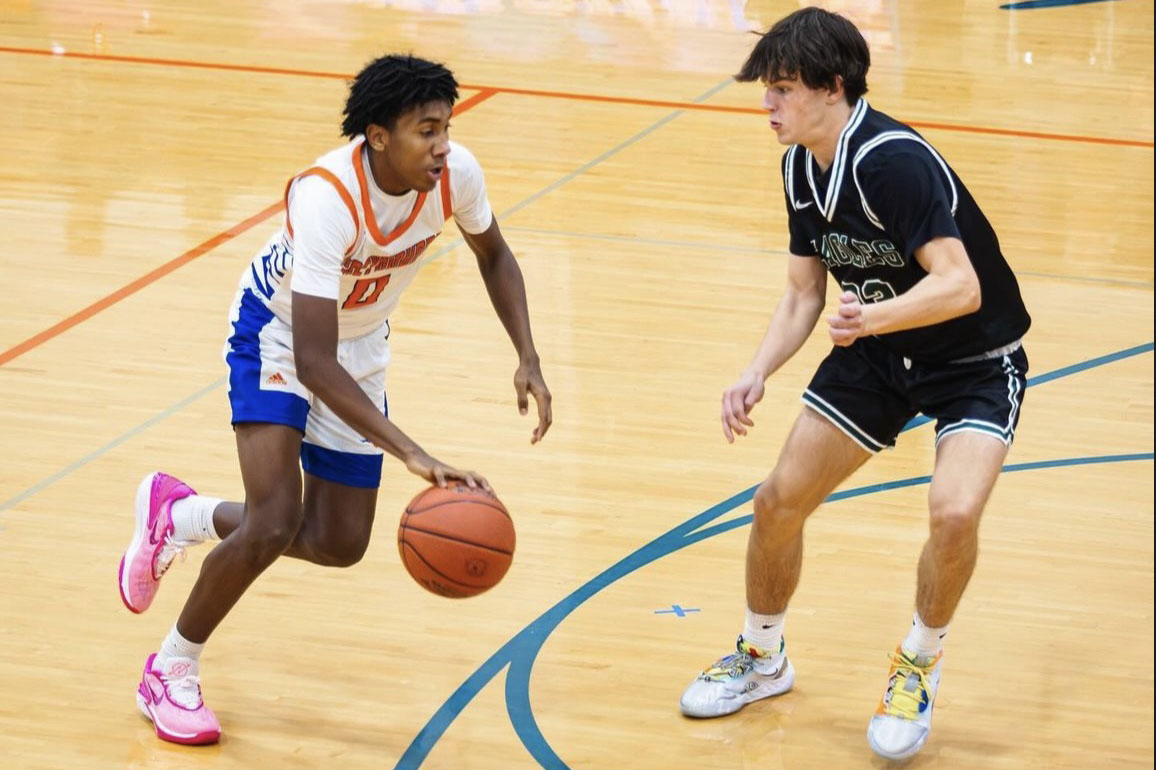
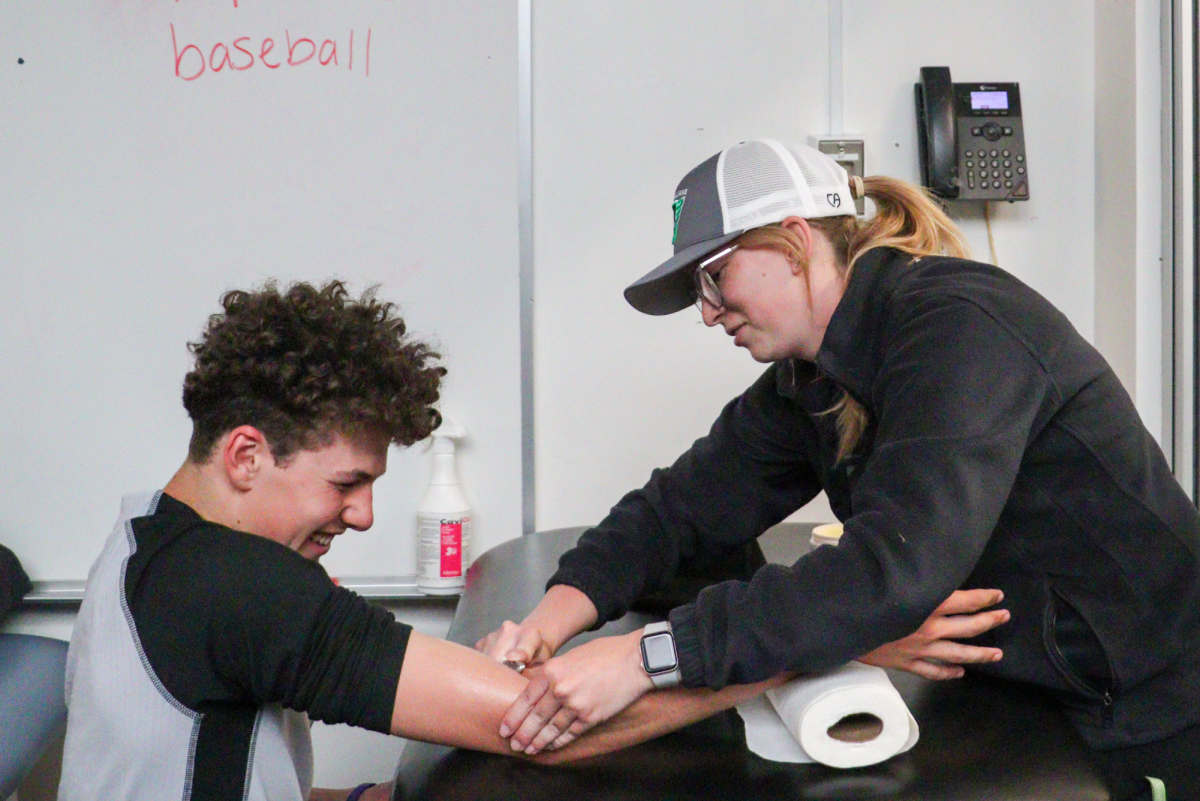




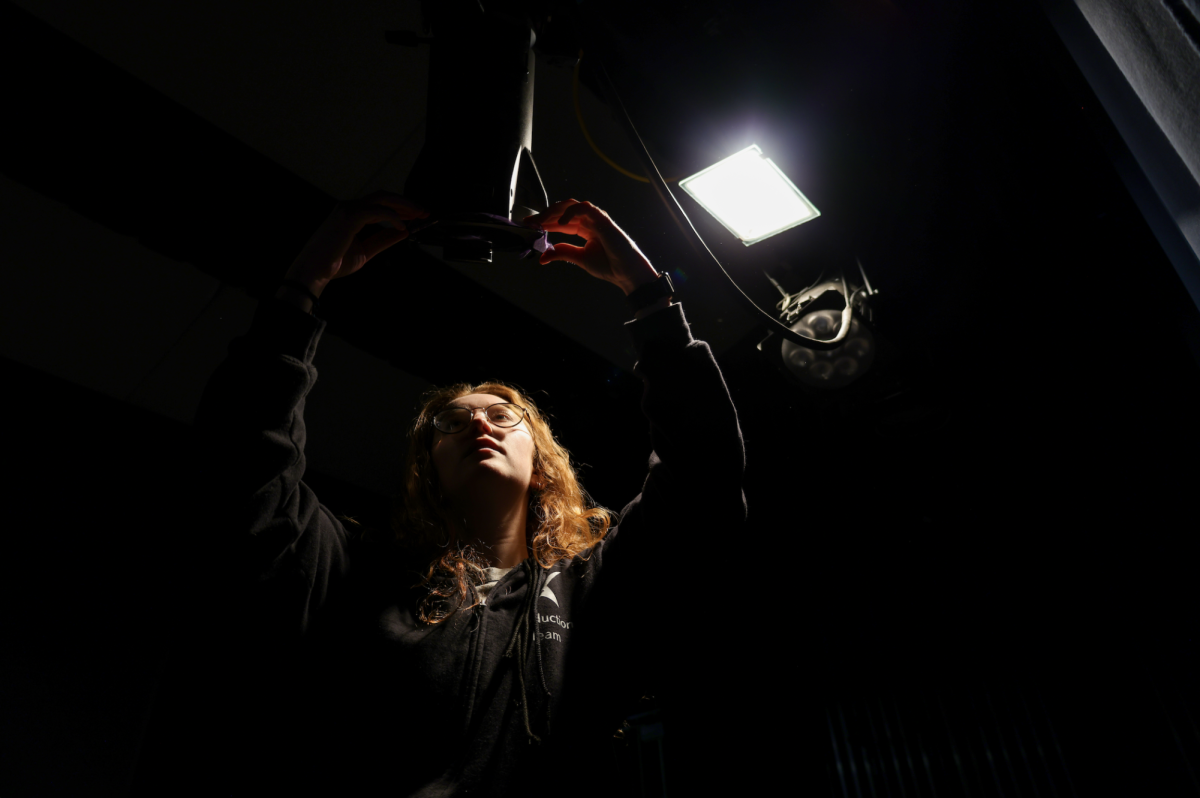

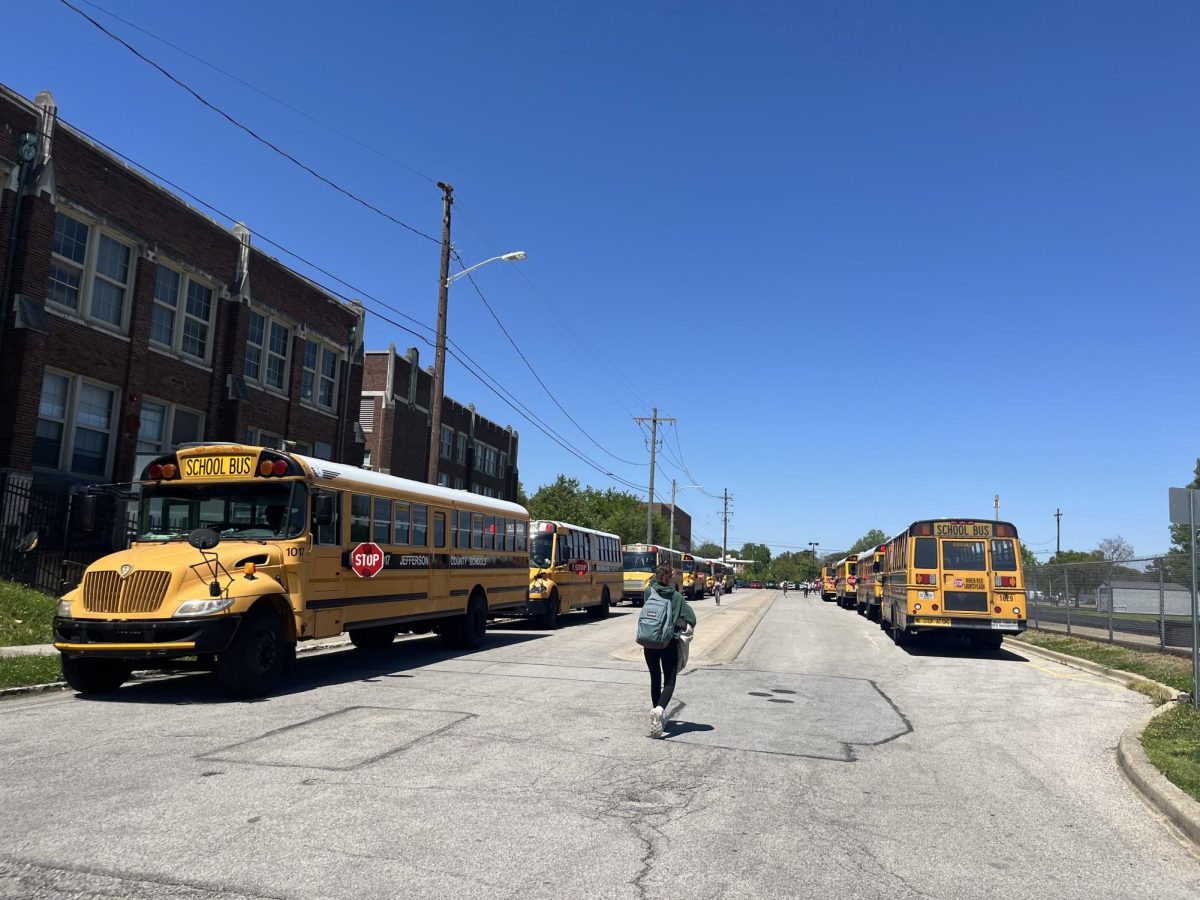
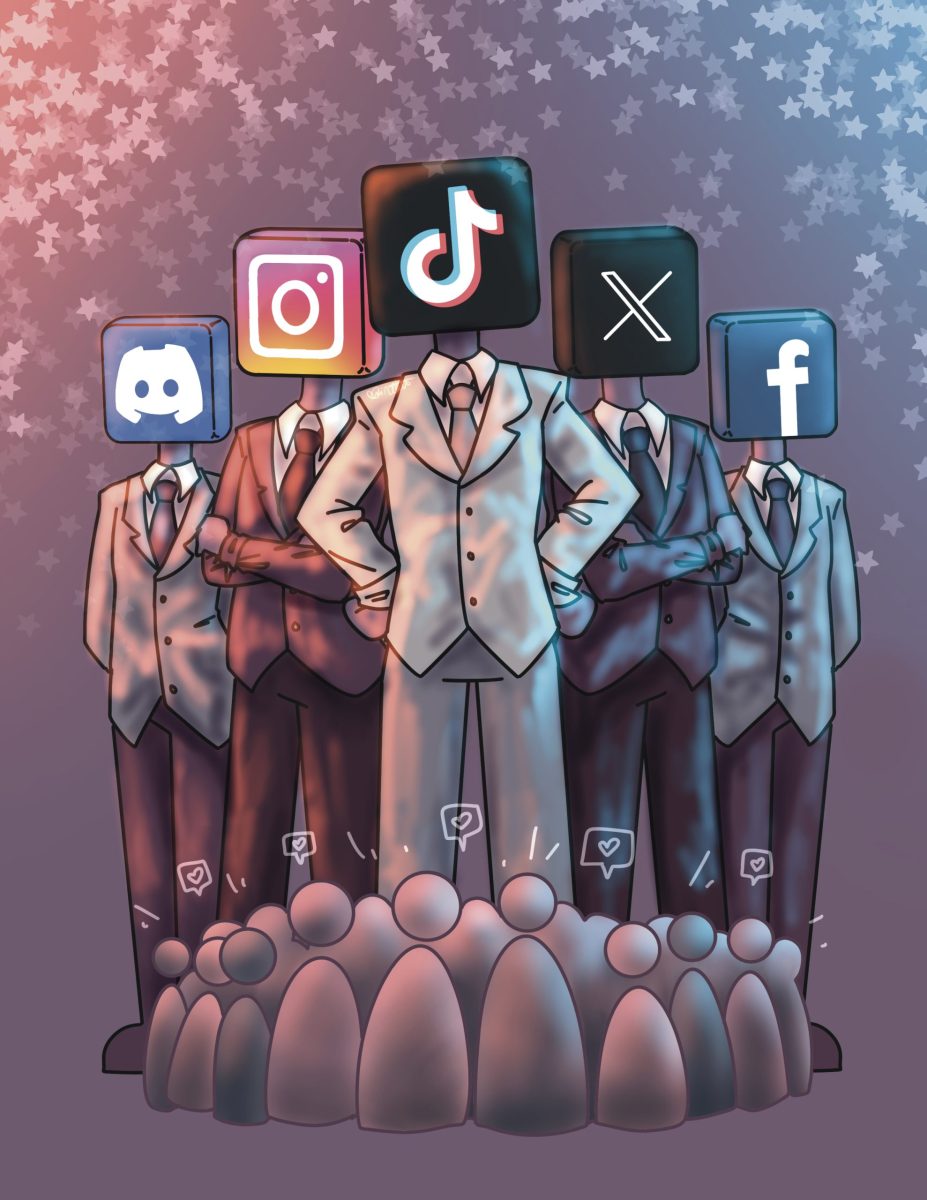




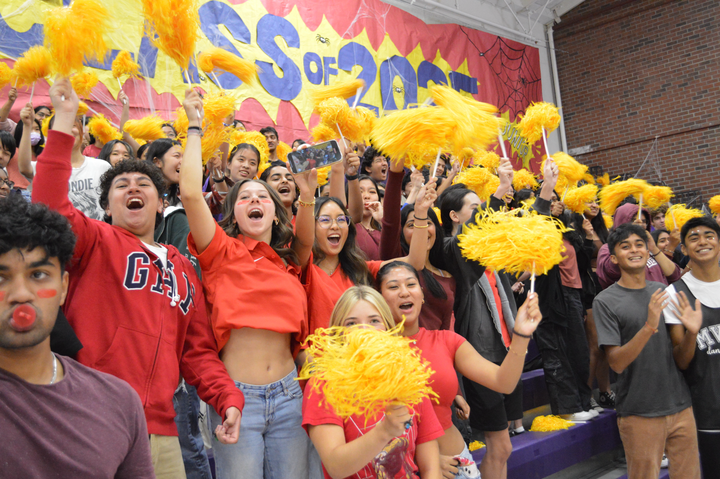

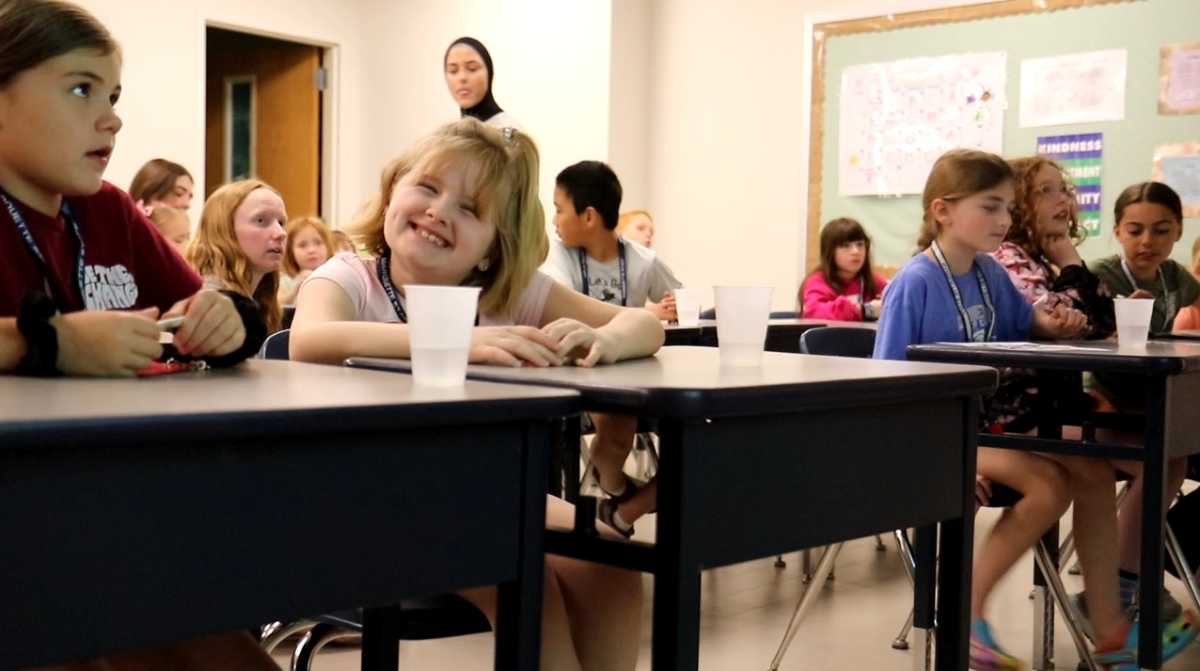
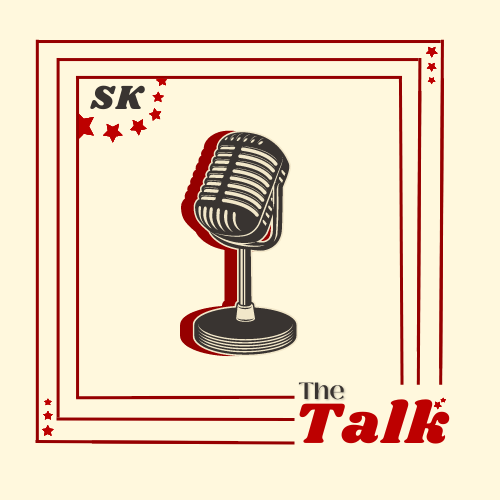




![IN THE SPOTLIGHT: Junior Zalie Mann performs “I Love to Cry at Weddings,” an ensemble piece from the fall musical Sweet Charity, to prospective students during the Fine Arts Showcase on Wednesday, Nov. 8. The showcase is a compilation of performances and demonstrations from each fine arts strand offered at McCallum. This show is put on so that prospective students can see if they are interested in joining an academy or major.
Sweet Charity originally ran the weekends of Sept. 28 and Oct. 8, but made a comeback for the Fine Arts Showcase.
“[Being at the front in the spotlight] is my favorite part of the whole dance, so I was super happy to be on stage performing and smiling at the audience,” Mann said.
Mann performed in both the musical theatre performance and dance excerpt “Ethereal,” a contemporary piece choreographed by the new dance director Terrance Carson, in the showcase. With also being a dance ambassador, Mann got to talk about what MAC dance is, her experience and answer any questions the aspiring arts majors and their parents may have.
Caption by Maya Tackett.](https://bestofsno.com/wp-content/uploads/2024/02/53321803427_47cd17fe70_o-1-1200x800.jpg)
![SPREADING THE JOY: Sophomore Chim Becker poses with sophomores Cozbi Sims and Lou Davidson while manning a table at the Hispanic Heritage treat day during lunch of Sept 28. Becker is a part of the students of color alliance, who put together the activity to raise money for their club.
“It [the stand] was really fun because McCallum has a lot of latino kids,” Becker said. “And I think it was nice that I could share the stuff that I usually just have at home with people who have never tried it before.”
Becker recognizes the importance of celebrating Hispanic heritage at Mac.
“I think its important to celebrate,” Becker said. “Because our culture is awesome and super cool, and everybody should be able to learn about other cultures of the world.”
Caption by JoJo Barnard.](https://bestofsno.com/wp-content/uploads/2024/01/53221601352_4127a81c41_o-1200x675.jpg)




